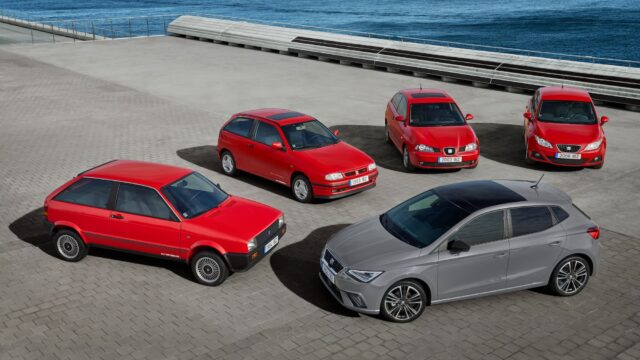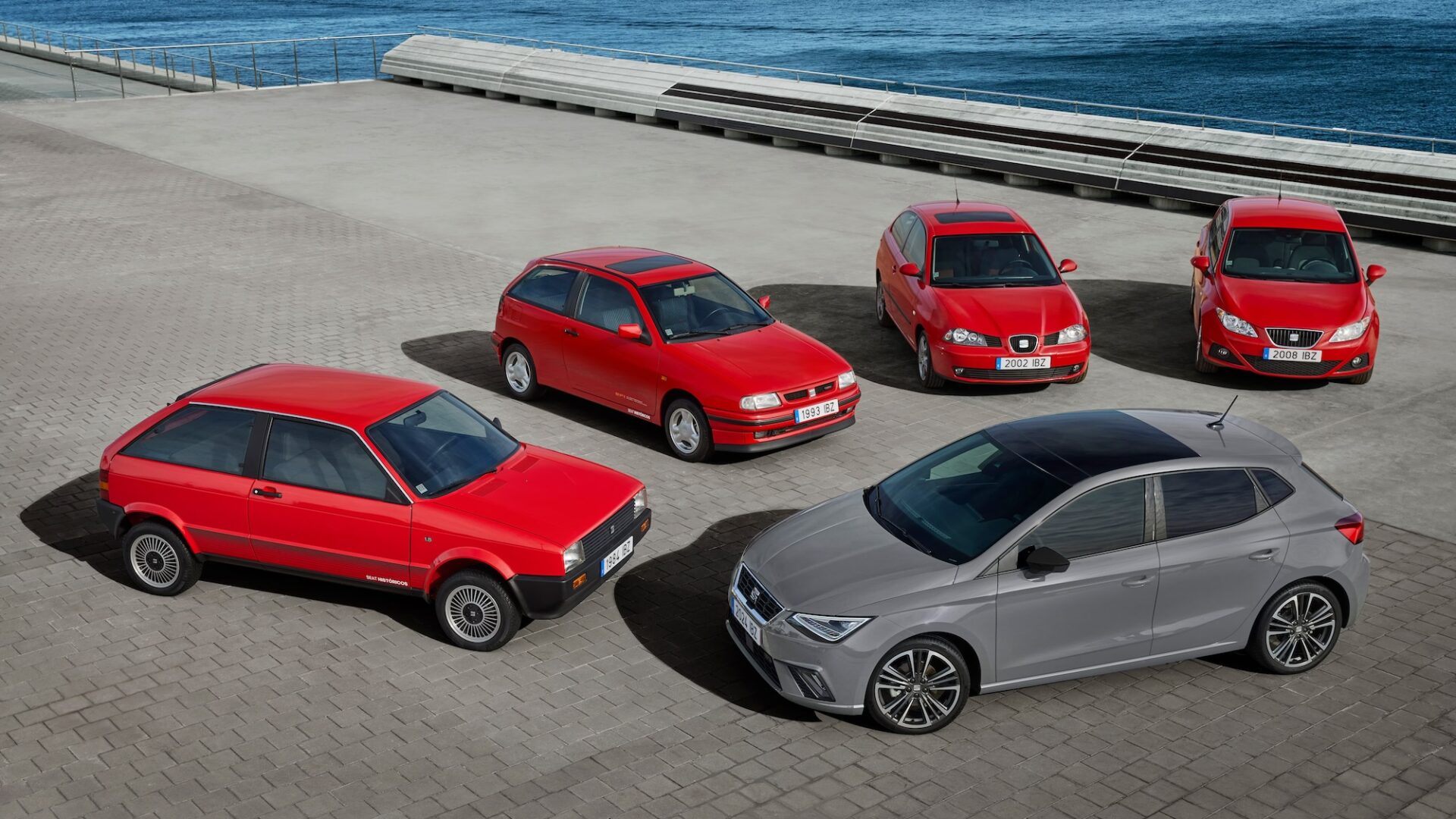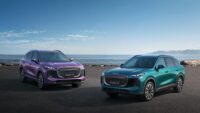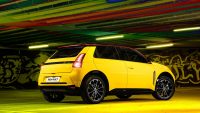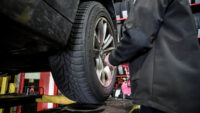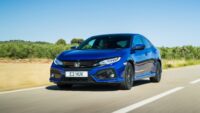Seat has been repositioned as the ‘entry’ brand within the Volkswagen Group, with bosses mapping out the carmaker’s future and confirming a new model for 2029.
The confirmation about the 75-year-old Spanish car manufacturer’s future shores up its position within the Volkswagen Group after years of speculation that it would be axed in favour of its spun-off Cupra premium performance brand.
Speaking at the launch of the updated Seat Ibiza and Arona, Sven Schuwirth, Seat’s executive vice president for sales and marketing, explained that the brand has a solid future focussed on the more affordable end of the market.
‘Seat will remain a cornerstone of the whole company [VW Group] – it goes one step on from that as we have had many discussions within the company and have worked on a strategy with a clear foundation.
‘Seat is now defined as the entry brand of the Volkswagen Group – a brand which is there to attract young customers as well as the more mature generations, and a brand that attracts customers that are, on average, 10 years younger than the rest of the Group.’
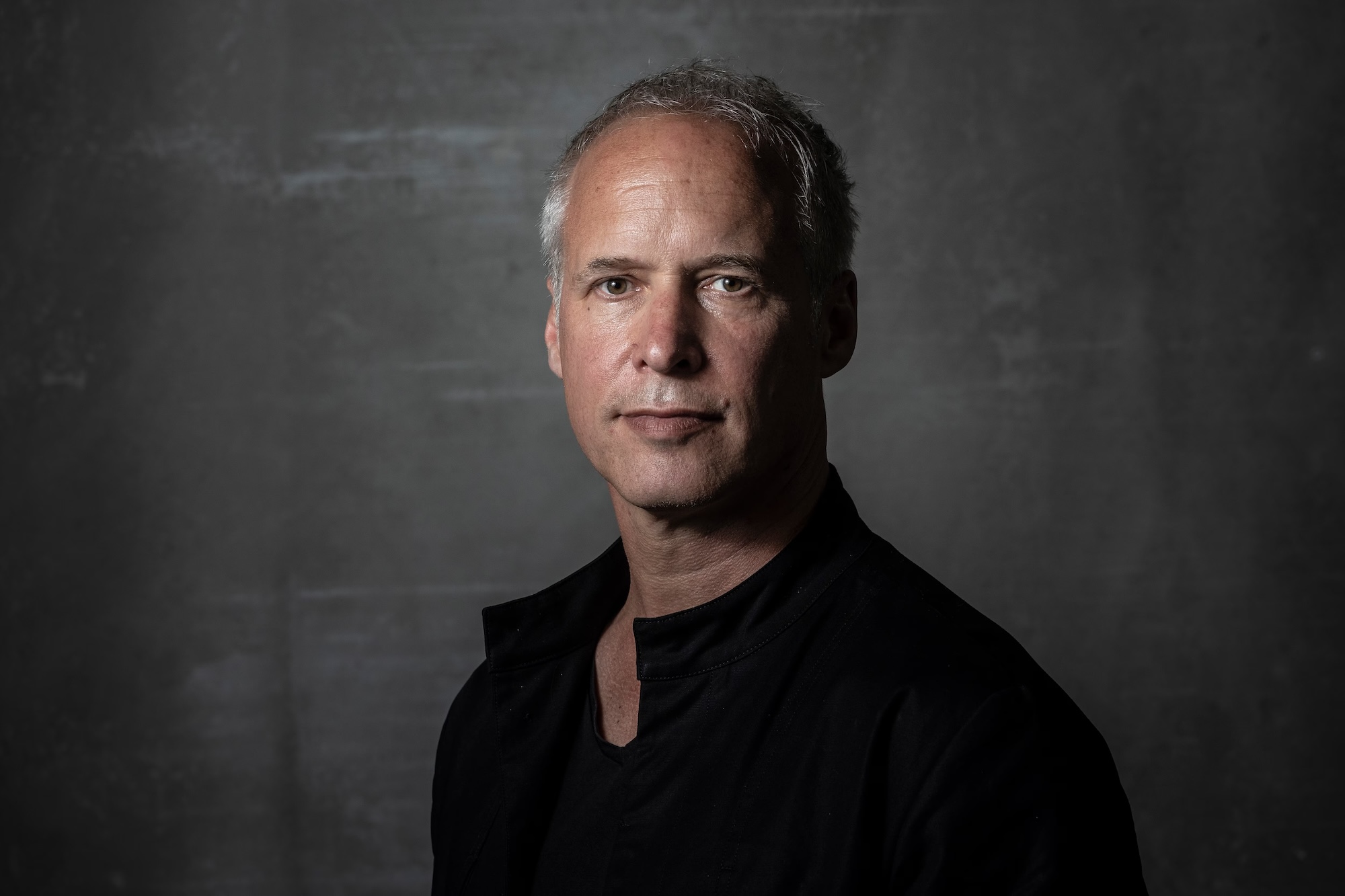
Sven Schuwirth
Schuwirth added that Seat is concentrating on three pillars for growth – refreshing its visual identity and focusing on digital channels to engage younger buyers; re-energising its dealers, and declared that dealers are ‘the backbone of its business model’; and ‘streamlining’ its product range.
The first new products to come through will be mildly updated versions of the Ibiza supermini and Arona crossover, with tweaked looks inside and out, with sales beginning in January 2026.
Twelve months later, both cars will gain new mild-hybrid engines, likely badged ‘eTSI’, as already used across Skoda and Volkswagen ranges.
The last brand new car to be launched by Seat, the Leon of 2020, will remain untouched until 2028. Then it will gain a ‘full hybrid’ powertrain, being offered in both hatchback and estate guises.
In 2029, Seat will reveal an ‘updated Leon range’. It’ll be the first major new launch for Seat since the current-generation Leon five years ago, but it’s unclear at this stage whether it will be a heavy refresh or a completely new model.
However, considering the Leon will be nearly a decade old by this point, an entirely new model is likely. If Seat takes this path, the Leon could be available in pure-EV and battery-extender guises if Seat decides to use Volkswagen Group’s new Scalable Systems Platform.
Schuwirth did not mention the future of the near 10-year-old Ateca SUV, but with confirmation that Seat is focused on the value end of the car market, it’s possible that the small SUV won’t be replaced despite the current popularity of such vehicles.
The revelations confirm Seat won’t have a full-EV in its range until at least 2029 should that path be followed with the next Leon – that’s despite the UK’s ZEV Mandate demanding a greater share of EVs to be sold every year until 2030.



